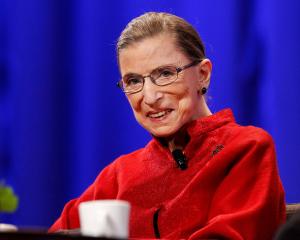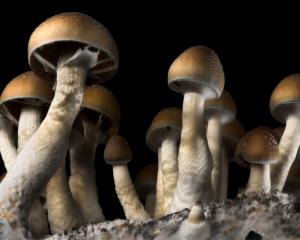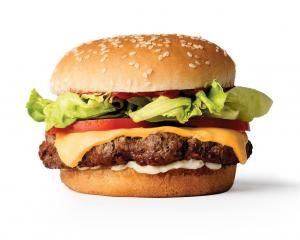

Yet it’s not that the science changes — science itself cannot change. It is that we learn more and gather more evidence, disproving earlier hypotheses. Scientific thinking and learning are supposed to evolve: that’s kind of the point of being a scientist.
I think the far greater challenge with scientific thinking is that scientists consistently set hypotheses which are too narrow and consequently, our experiments are too small. We don’t have the wherewithal, the time or the will to understand and explore complexity, and so we only believe in the results derived from the narrow datasets we observe.
The question then becomes what happens to our thinking when we don’t have the data to support a hypothesis or a belief? Should we trust our intuition or do we write off that intuition as unscientific?
In a book, Food Shaman: The Art of Quantum Food cardiologist and medicinal chef Dr Michael Fenster states that in our modern lives we "become lost in logic, too rational, too obsessed with analytical measurements and analytical thinking, we become too one-dimensional."
In the book, he explores ancient healers who fall between two worlds, that of science and knowledge and that of intuition and ambiguity.
To be able to trust in what we do not understand or know requires creativity.
Creativity is something that is progressively hammered out of us from childhood.
In the world of food production and health where I play, we are taught to think of food as "good" or "bad," to be calorific, or non-calorific.
We jump on bandwagons which are based on the latest scientific finding, which itself is based on narrow hypotheses.
In food production systems we have told ourselves that farming ruminants is bad for the environment and bad for our health, instead of understanding that it is the extreme way we are producing food that is the "bad" thing.
Our obsessive focus on yields and return on investment are the problem, not the ruminants themselves.
This focus on metrics means we lose the story and the connection to the food we produce. We lurch from land-use to land-use, chasing the metrics.
Right now, we are planting pine trees as some sort of recompense for being extreme in our approach to ruminant farming. In doing this, we have created a whole new set of problems.
Perhaps if we widened our horizons and allowed ourselves to imagine a different future, better solutions would arise — and they may not come with the metrics we are used to.
Some years ago, I travelled in China with a Chinese woman who was 10 years younger than me. She had grown up in a small village; her parents were factory workers.
As a child, she ate meat only twice per year and when she did, it was as part of a festive occasion where the village gathered together to share in the food and each other. Now, she eats meat on a daily basis.
In a single generation, eating patterns within her society have completely changed. This pattern is replicated globally: increased wealth leads to increased protein consumption and processing. In parallel, there is a loss of learned, innate and indigenous knowledge.
I am a scientist, and I thrive on the pursuit of knowledge. Similarly, I am in business and I enjoy the associated metrics that allow me to gauge our progress, but both the knowledge I gain and the metrics I utilise must not be viewed in isolation of broader questions and happenings in society.
My knowledge and my business will always be a small window from which I view the world.
It is my creativity which will allow me to make a bigger impact. It is the creativity that we encourage in our children that will make the world a better place for generations to come.
In the words of Albert Einstein, "I believe in intuition and inspiration. Imagination is more important than knowledge.
"For knowledge is limited, whereas imagination embraces the entire world, stimulating progress, giving birth to evolution. It is, strictly speaking, a real factor in scientific research ... In a certain sense, therefore, I hold it true, that pure thought can grasp reality, as the ancients dreamed."
- Anna Campbell is the co-founder of Zestt Wellness, a nutraceutical company, and holds various directorships.












